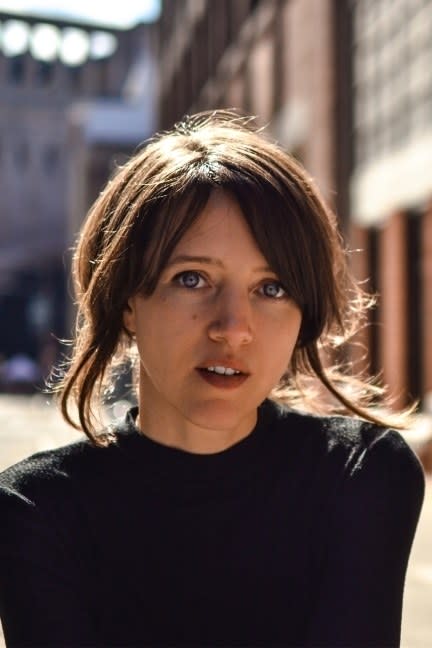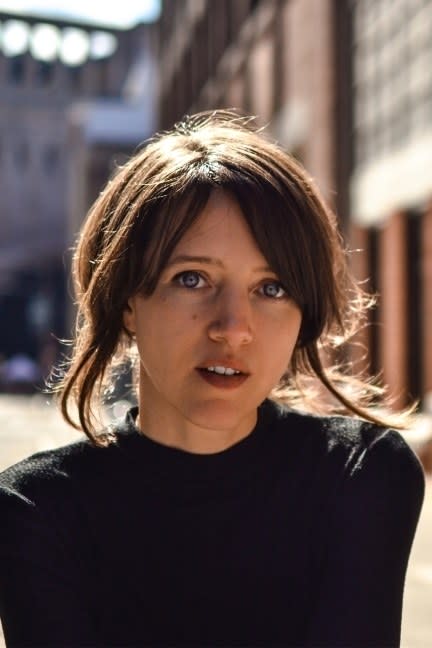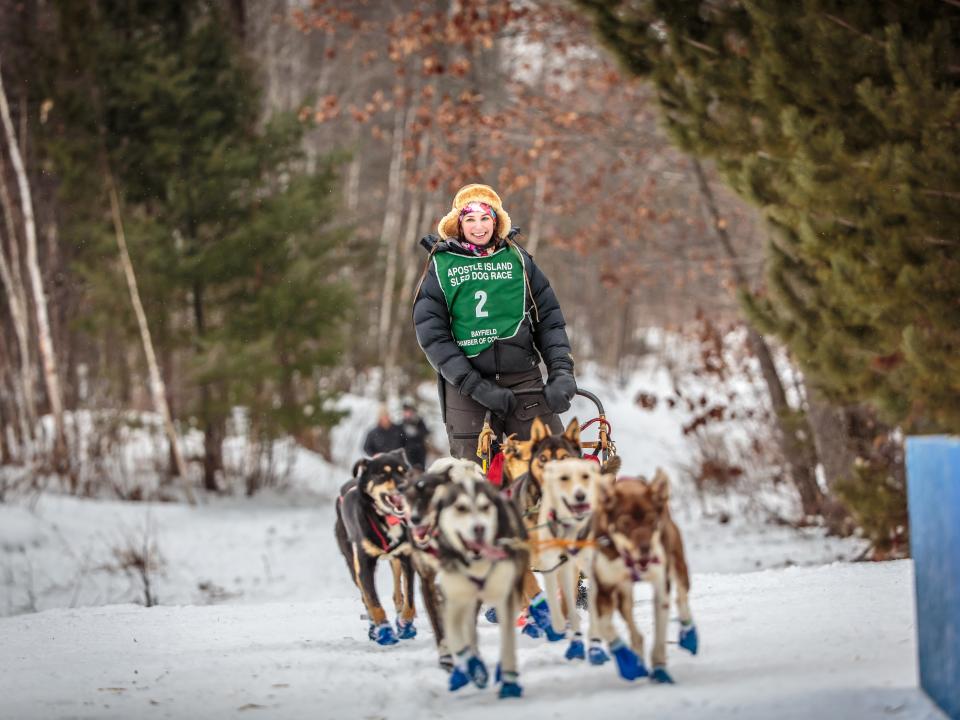A Childhood on the Run Made Me the Traveler I Am Today

I watched her moving through the water, slow and majestic, up toward the light. She was my first sea turtle. It was 1995 and I was 11 years old, visiting my father in Saint Lucia where he was then living—and where we were learning to scuba dive. I still remember the thrill clearly, a sudden awareness that the world was wide and grand, and that I would one day explore it. It was a beautiful week on the island, pretending this could be our lives, however it would end abruptly a few days later on my twelfth birthday, when detectives from Scotland Yard and the FBI would raid my father’s hotel room. But by then, we would be gone.
Every traveler has her inception myth. What drove her to eschew the nine to five with its workplace benefits to instead romp decisively around the world. Like many, I learned this pleasure as a kid; unlike most, I learned it while on the run. By the time I was nine, I had lived in 13 houses and five countries. It was at nine that I also discovered why: My father had been a fugitive for as long as I could remember. We’d left the U.S. when I was two, as the federal investigation closed in on his pot smuggling ring.
During those early years, we moved every few months, traveling from California to Rome to Forte dei Marmi, a small coastal town in Italy, living atop the white marble cliffs Michelangelo once chipped into. We continued through France, then a ferry to London, and back to Spain, where we took an epic 18-hour train journey—my parents, three small children, and five large bags—until we reached Portugal’s Quinta da Marinha, where we planned to stay. But no, onwards, to Annecy and then Mougins, France, with its burnt-umber rooftops and tightly wound streets spiraling like the shell of a snail into the hillside. And finally, to England.
Before I knew the truth about our lives, I knew all this moving was strange, but I liked that strangeness. We were adventurers. With no distinct home or country to anchor us, my family cherry-picked keepsakes from around the globe, accumulating stories and skills in place of souvenirs. After our time in the Alps, we bought a raclette grill to make our own at home, and Mom still uses the Portuguese chuchu as a term of endearment. When people ask “Where are you from?,” I don’t know how to answer.
Every traveler has her inception myth.
After my parents separated, a close call with the authorities sent Dad back into hiding, but my siblings and I still flew out to see him in secret. When I was ten, I visited him on my own for the first time, feeling grown up as I watched London disappear beneath me through the plane window before landing in Paris, where he was living under an alias. I remember the crisp, cold weather by day, and by night everything seemed to glimmer like the impossibly glamorous women striding around the Galeries Lafayette, silk scarves streaming behind them.
Within this peripatetic lifestyle, Dad always pushed us to try new things—and his illegal wealth facilitated that. We went skiing every winter and white water rafting in the summer. My sister was the brave one. She went first down the rapids or jumped higher from the cliff tops, her head emerging with a wide grin. I was always afraid of the dark waters beneath; of the future that inevitably awaited us.
Even once Dad went to prison in the U.S. (shortly after that twelfth birthday in Saint Lucia), we visited him every summer: my brother, sister and I flying out to Los Angeles, road tripping out to Taft or Lompoc or Solvang, and discovering small town America with all its quirks and monotonies. And by 17, the itch to travel further set in. I saved up, working for £2.50 ($3.54) an hour in a local tea shop in Bath, England, where we then lived, to go backpacking around Central America. Mom told me I was too young, but she also knew she couldn’t stop me. Whether in a palapa in the jungle around Palenque or barefoot on a beach in Belize with a hurricane looming on the horizon, I would always meet a more seasoned traveler, and they would see my baby face and ask, “What are you doing here? Go home.”
Whether you’re stepping onto a new continent or diving to the bottom of the ocean, travel has the power to change the way you think, act, live. For Blair Braverman, a writer and competitive dog sledder, it was a research trip to Namibia that forced her to dip her toes into the unfamiliar.
I wanted to be brave like my sister—to conquer the dark waters beneath—but I was often terrified. Yet I kept traveling regardless, compulsively, like some internal screw was tightening inside and the only reprieve was to keep moving. I guess habits formed when young are hard to break.
Every year throughout college I saved money in order to backpack through the summer holidays—first Australia and then Southeast Asia. After my first year working on women’s magazines in London, I moved to South America for a time. Later, I got a job writing city guides for a Swedish travel company. The work made sense to me: For its various anxieties and heartbreak, my unconventional childhood gifted me an eagerness to explore. I grew up knowing what it was to land in a new place and find my way, and the corresponding pleasure of finding myself someone new, too.
Bravery came in its own way. To this day, there is no time I feel more at home than sitting on a bus about to pull into an unknown town, with nowhere to sleep that night and no idea what adventures await, just looking out the dusty window and feeling the same thrill I once felt from that first sea turtle many years ago.
Tyler Wetherall is the author of No Way Home: A Memoir of Life on the Run (St. Martin's Press; on-sale April 3, 2018). She is a freelance writer living and working in New York City, and has written for 'The Guardian,' 'The Times', and 'The Irish Independent.' Her short fiction has been published in 'The Gettysburg Review' and others.



